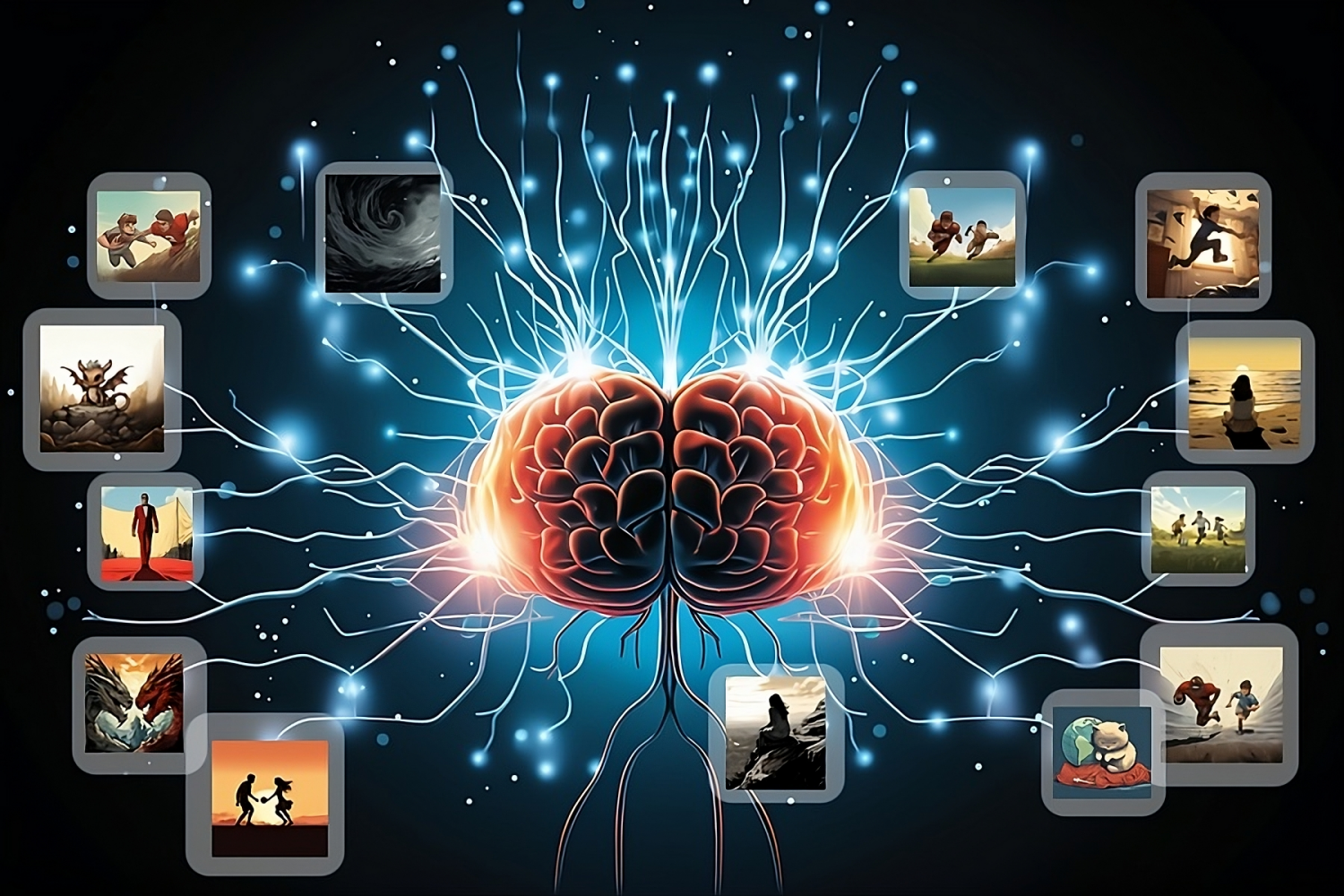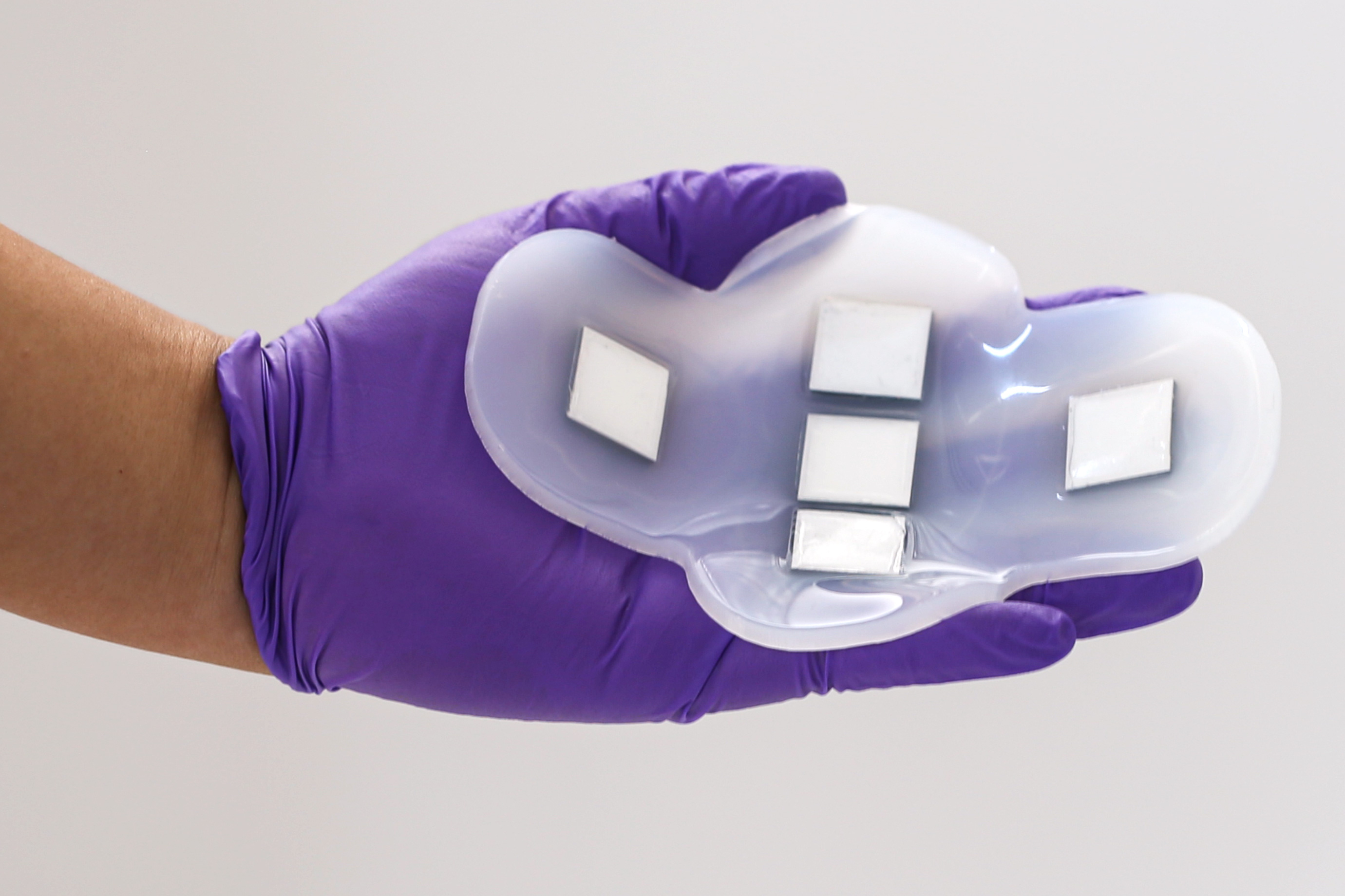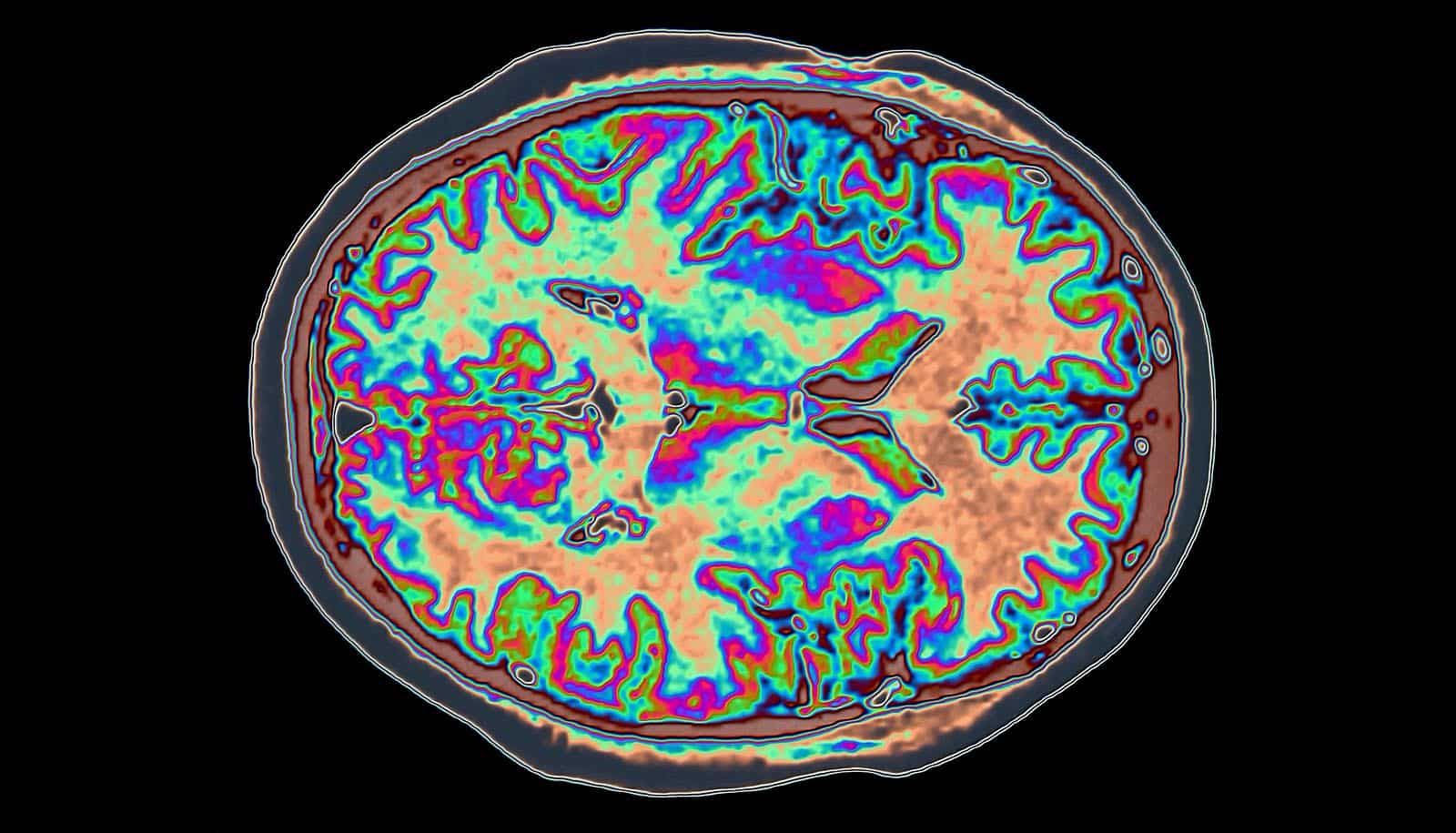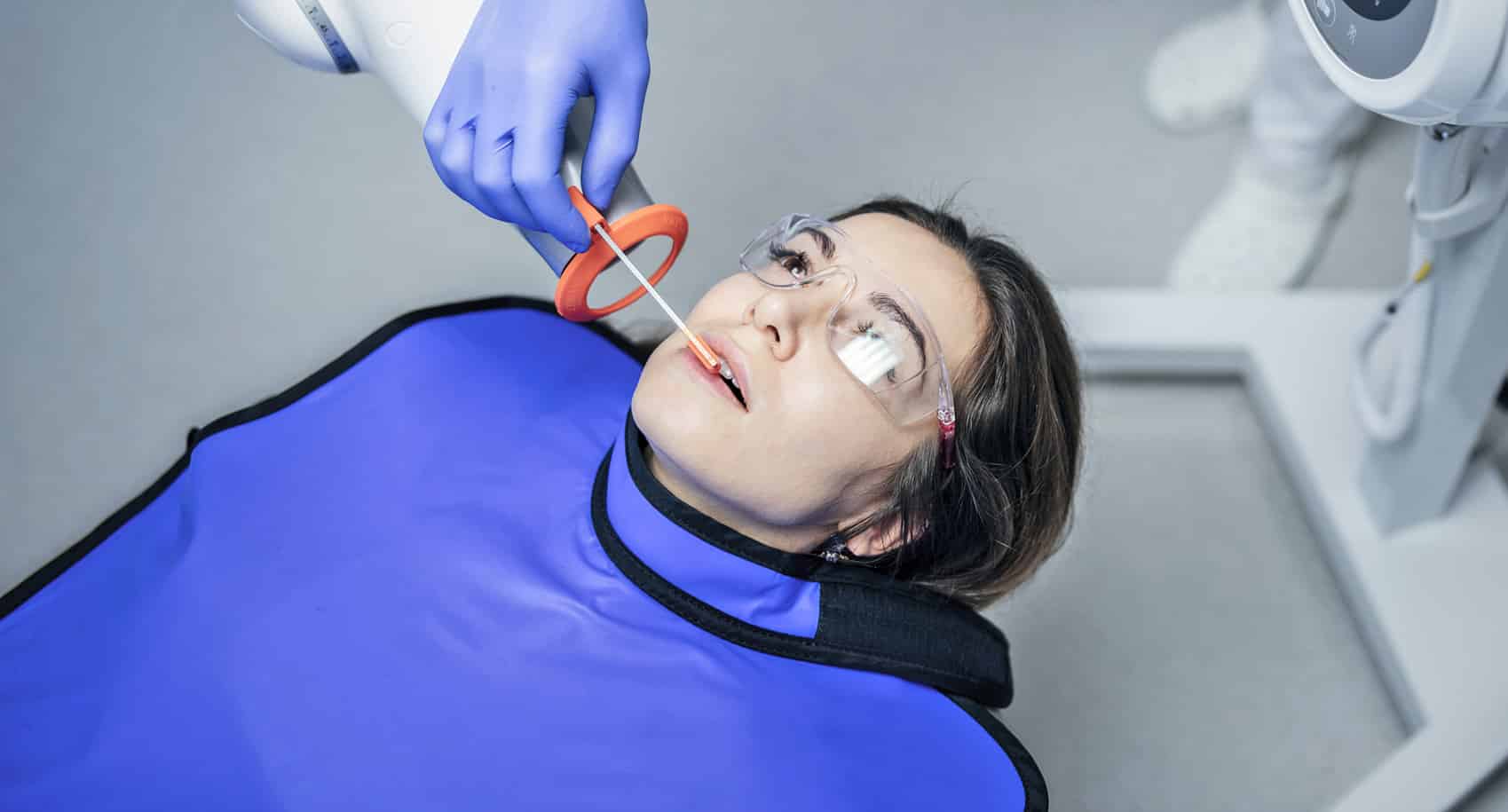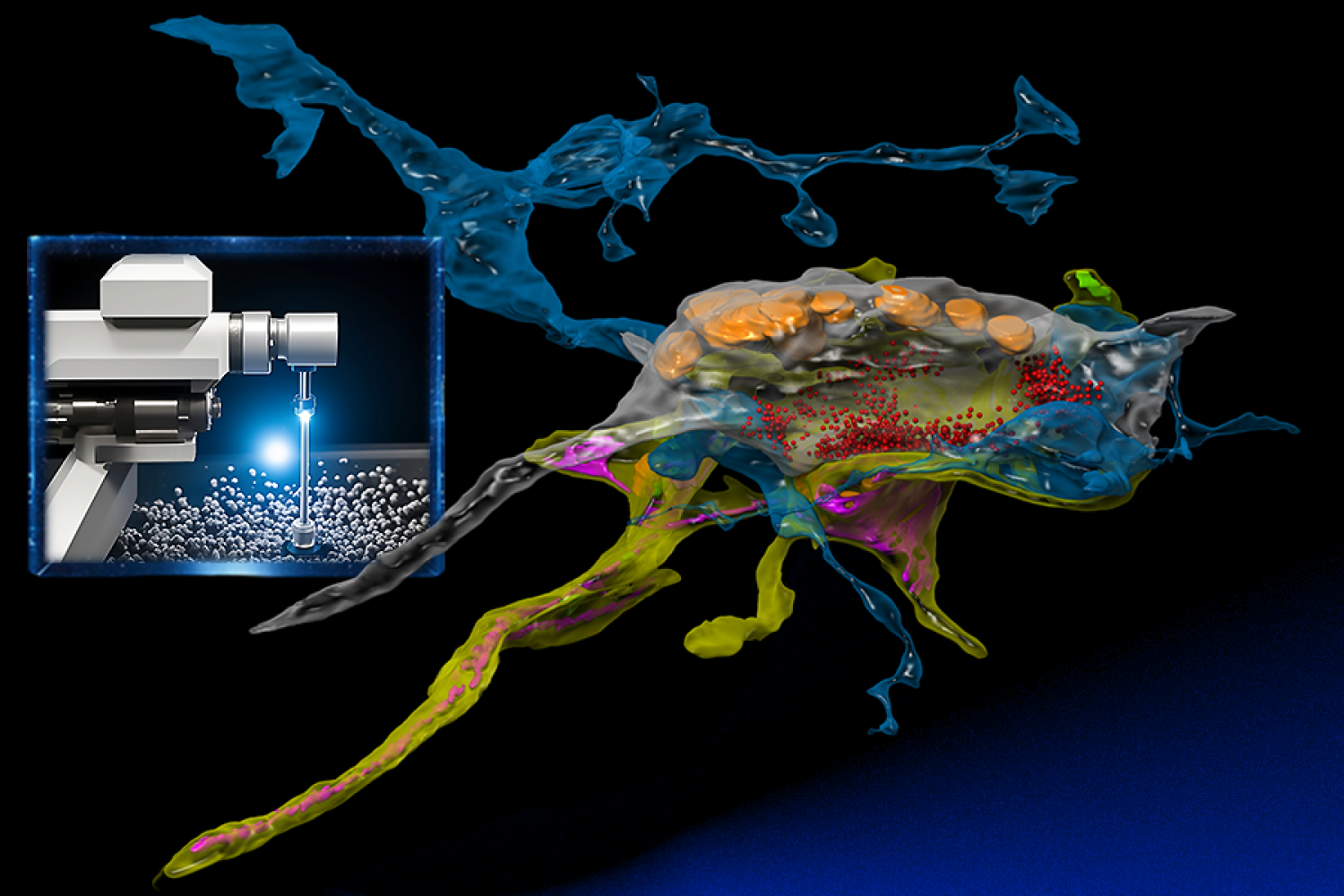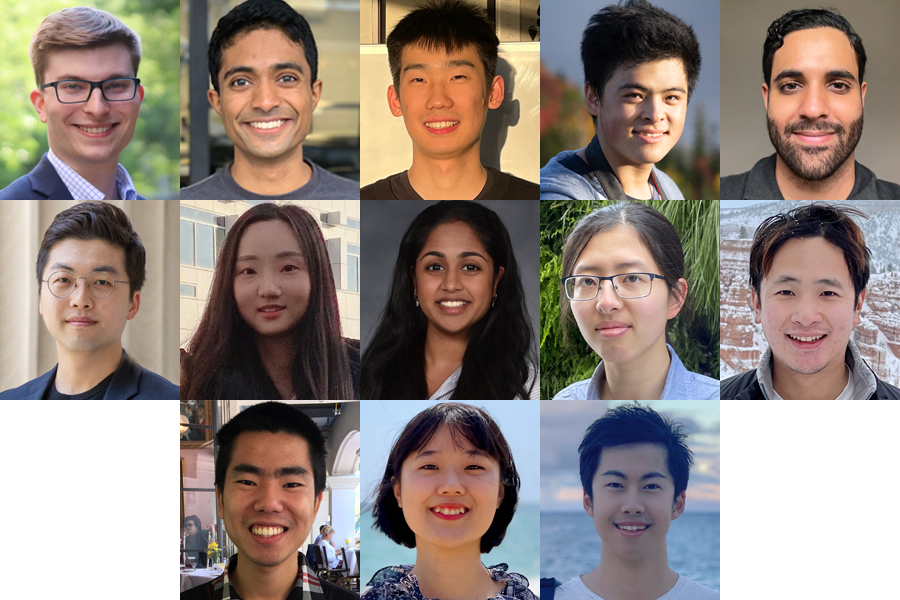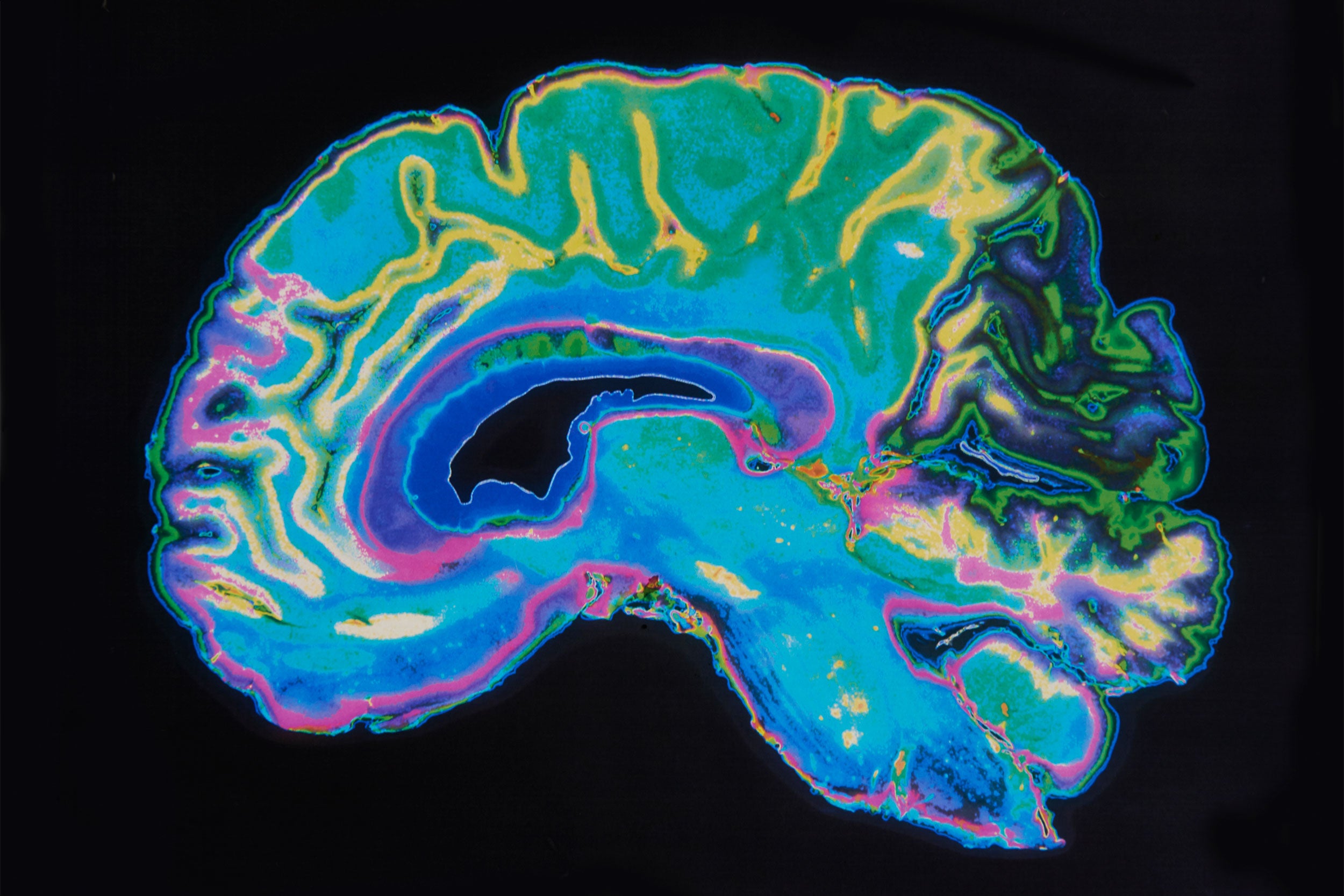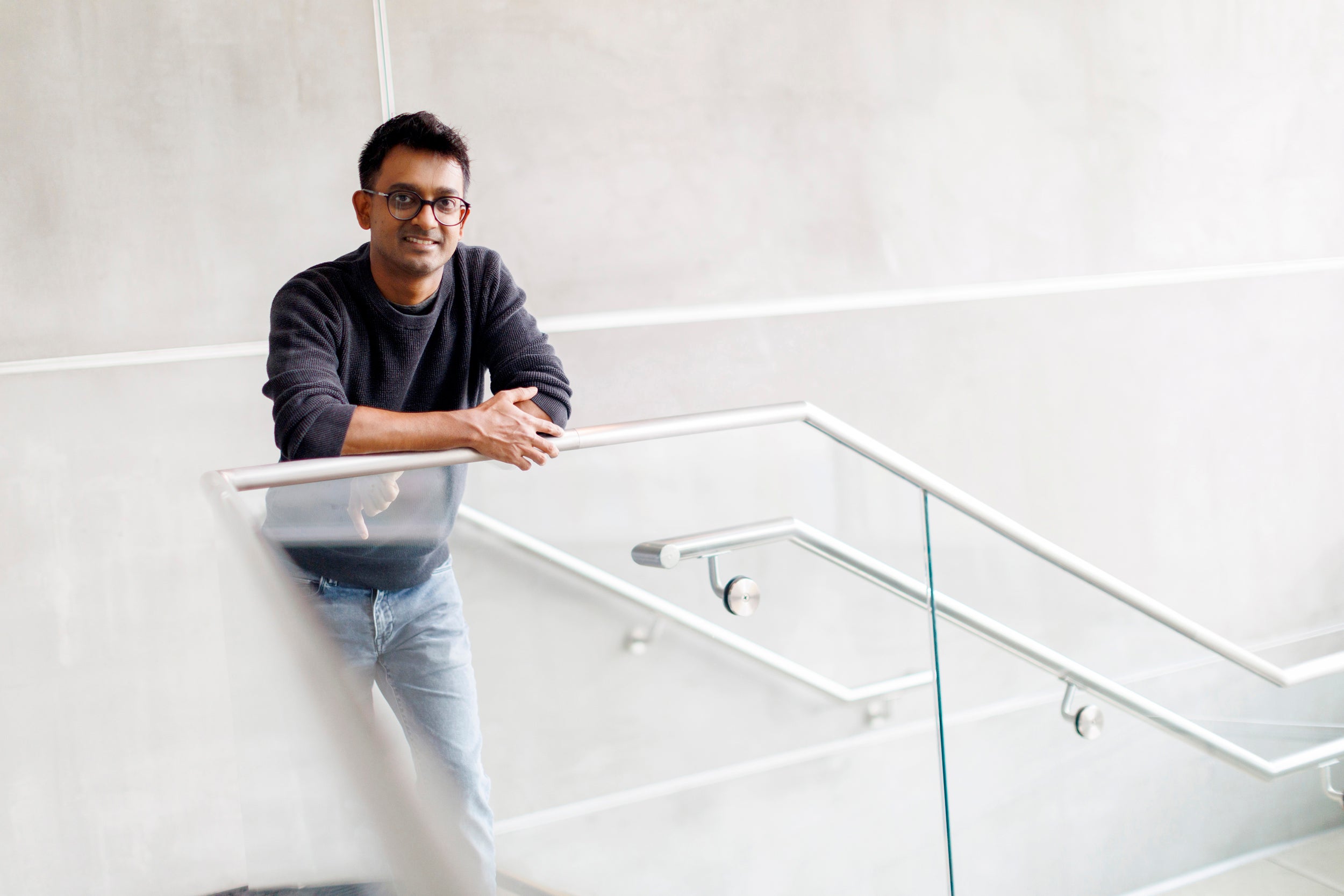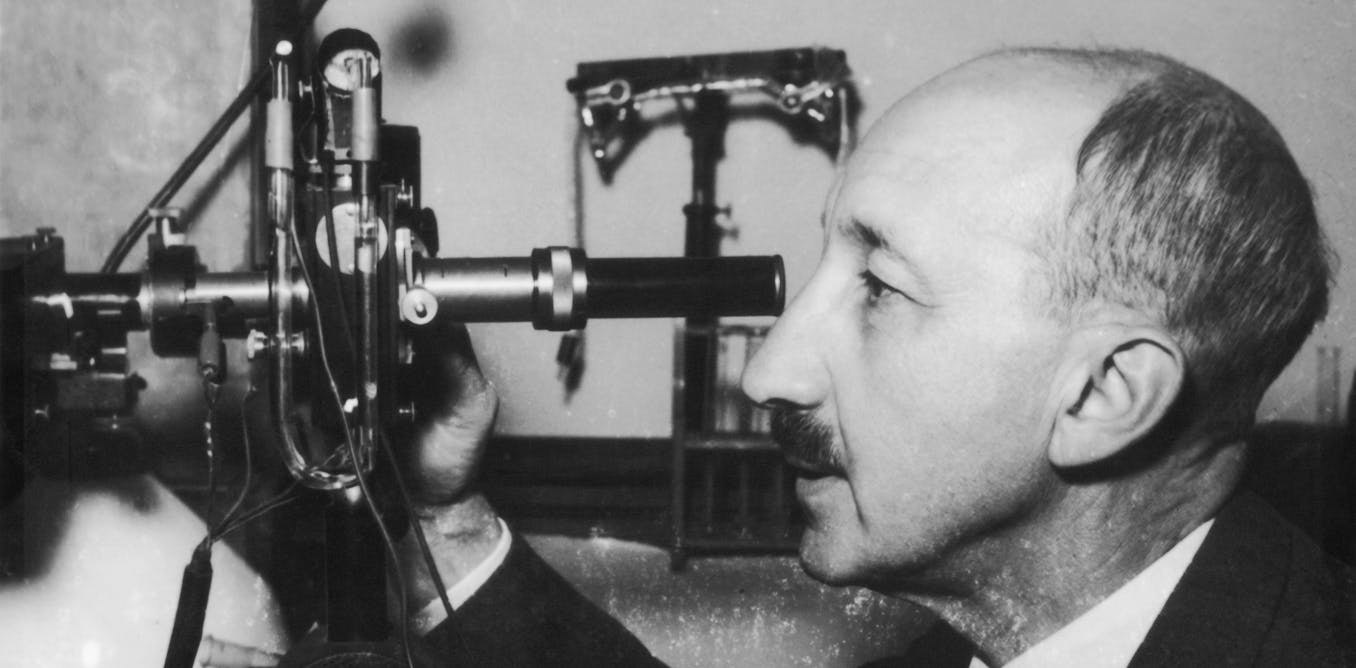Cellular atlas guides new understanding of brain
New technology gives voice to pathologic changes in neurodegenerative illnesses like Alzheimer’s and epilepsy.
Harvard Gazette
• harvard
Oct. 24, 2023 • ~5 min
Oct. 24, 2023 • ~5 min
How a disgruntled scientist looking to prove his food wasn't fresh discovered radioactive tracers and won a Nobel Prize 80 years ago
Some Nobel Prize-winning ideas originate in strange places, but still go on to revolutionize the scientific field. George de Hevesy’s research on radioactive tracers is one such example.
Sean Liddick, Associate Professor of Chemistry, Michigan State University •
conversation
Oct. 5, 2023 • ~9 min
Oct. 5, 2023 • ~9 min
/
42

